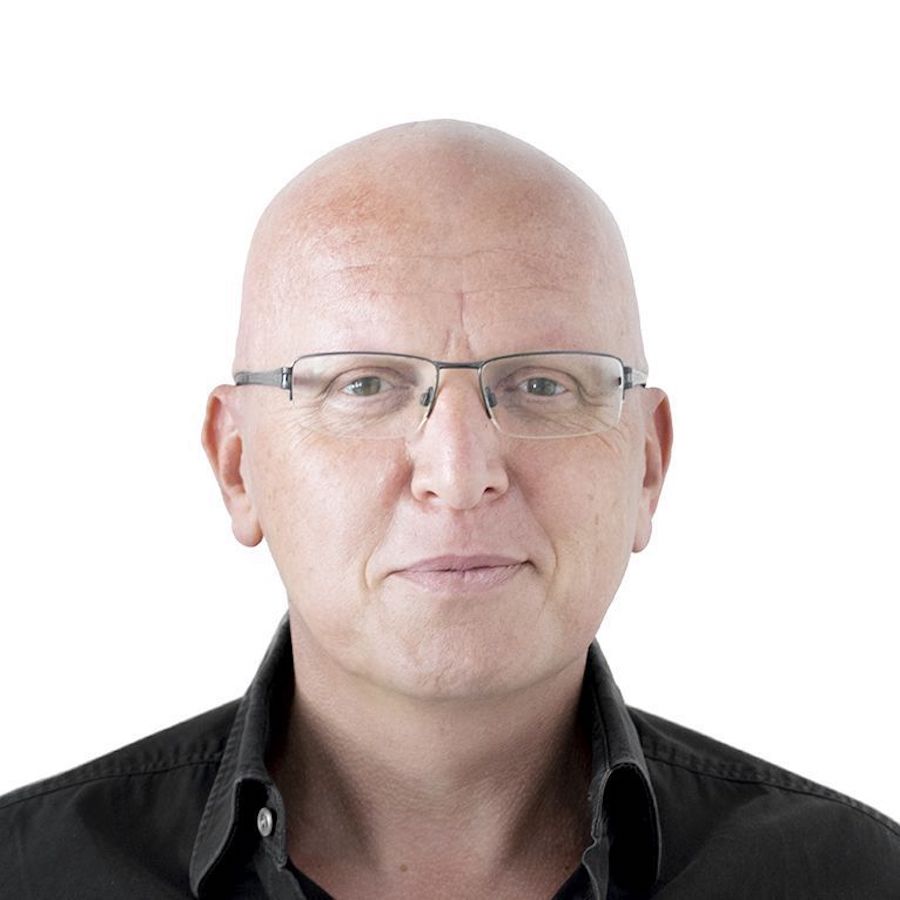Description
On 23 & 24 February 2023, Milan (Italy) will host the GENAP Summit: GCT & APT.
The GENAP Summit will have two tracks: Gene & Cell Therapy: CMC & Vector Development (GCT) and the Aseptic Processing Technology (APT).
Morning Day 1-2
Track 1: Aseptic Processing Technology
Aseptic Processing Technology event will overview regulatory updates and their implementation, main challenges and overcome consideration, new technologies and innovations to avoid mistakes and ensure safe highly potent aseptic production for both sides - manufacturer and patient. This event will help you improve your aseptic processes and address contamination control issues that you may encounter.
At the event you will have the opportunity to discourse and to network with peers involved in pharmaceutical manufacturing, aseptic fill and finish, quality control, engineering, and container development. Key topics in Aseptic Processing will be discussed by some of the industry’s leading lights.
During this event, you will learn about environmental monitoring systems, facility cleaning and disinfectant qualification, aseptic cleanroom operations, filtration, sterilization, aseptic process simulation, and regulatory requirements. Hands-on activities will include gowning qualification, facility cleaning and disinfection, aseptic technique qualification, aseptic process simulation, and microbial identification.
Afternoon Day 1-2
Tack 2: Gene & Cell Therapy: CMC & Vector Development
Cell and gene therapies are critical emerging treatment modalities with the potential to tackle and cure conditions from life-limiting genetic disorders to cancers. The GCT track will enable to exchange scientific ideas and dialogue with regulators that form the basis of evolving regulatory practices in the development of these diverse and innovative products.
We will also include on our program recent practical experiences and perspectives towards implementing and scaling up robust cost and quality efficient process development and manufacturing, leveraging highly appropriate emerging technologies in the field.
Further discussions focusses on vector improvement for both ex vivo and in vivo approaches, dedicated sessions on CMC strategy, analytical development and qualification, product-related impurities and their link to quality, bioassays, comparability, stability, formulation, and the emergence of non-viral gene therapies.
Confirmed Keynote Speakers 2023

Richard Denk
Senior Consultant Aseptic Processing & Containment at SKAN

Edith Filaire
Professor and Scientific Director at ICARE GROUP

James Drinkwater
Head of Aseptic technologies & GMP Compliance at F Ziel GMBH

Fabian Stutz
Chief Executive Officer at Pharmabotix AG
Key Practical Points
GCT Track 1
- Requirements in bringing drugs to market
- Vector serotypes to produce more durable gene expression
- Vector Design and Development for Gene and Cell Therapies
- Current challenges and future of gene therapy technical development
- Lessons learnt from commercial products/ late-stage products
- The complexity of vector development and production
- Investors perspective of gene therapy development
- Reducing timelines for cell and gene therapy drug development
- CMC strategies for rare diseases
- Qualifying starting materials/intermediary materials
- Developing novel vectors to reduce immunogenicity
- Successful strategies to accelerate CGT process development from preclinical to manufacturing and commercialisation
- Efficient enabling novel technologies and resources
- Defining optimal regulatory pathways
- Critical elements of establishing a robust CMC strategy
- Identifying and measuring of CQAs and determining CPPs
- Crucial factors in easing the complexity of vector development and production
- Achieving technical, regulatory, and cost efficiency for manufacturing safe gene and cell therapy products
- Critical aspects of establishing an efficient, consistent, and flexible CMC strategy
- Controlling a product’s CQAs by controlling the process’ CPPs
- Emerging technologies improving effectiveness and CGTPs manufacturing processes and production
- Crucial components of controlling and scaling manufacturing process and operations for CGTPs
- Development of Pediatric Gene Therapy Using Nuclease-Free Genomic Editing Technology
APT Track 2
- The Evolution of Aseptic Technologies
- Cleanrooms for the Annex 1 updates
- Implementation of quality risk management
- Regulatory framework
- Antibody Drug Conjugates / HPAPIs production
- Lyophilization of highly potent products and aseptic processing.
- Occupational safety requirements
- Aseptic process development, validation and evaluation.
- Highly potent facility design and engineering considerations
- Isolator Technology use in aseptic processing for loss minimization/elimination.
- Overcoming technical challenges in decontamination processes and material transfers.
- Cleaning and disinfection programs for aseptic facilities.
- Cross contamination prevention and control for highly potent products.
- Robotics in aseptic processing
- Gloveless Isolators and dose control
- ADC/HPAPI aseptic processing fill and finish
- Challenges for manufacturers in cell and gene therapy production systems
- Airflow visualization for contamination risks assessment.
- Implementing containment technologies in aseptic processing
- Boosting sterilization: successful strategies, advanced technologies implementation.
- Cleaning automation and technologies.
- Gowning: procedures, training, personnel qualification.
- Microbiology techniques use in aseptic processing.
- Integrating sanitization techniques to empower contamination control.
- Filtration: filter integrity testing in aseptic processing.
- Single-use systems implementation.
- Assess airflow visualization to limit risk for product contamination
- Describe the importance of filter integrity testing for aseptic operations
Who should attend?
Members of board, C-level, Senior Vice Presidents, Vice Presidents, Directors and Heads of departments from pharmaceutical/biotechnology industry / industries involved in:
- Adenovirus
- Advanced Therapy Medicinal Product
- Analytics
- Bioprocess Research
- Bioprocessing
- Biotechnology
- Biotherapeutics
- Cell Engineering
- Cell Therapy
- Cell-Based Medicinal Products
- Cellular Immunotherapy
- Cellular Therapy
- CMC
- CAR-T
- Clinical Development
- Commercialisation
- Comparability
- Compliance
- Container Development
- Drug Development
- Engineering
- Fill and Finish
- Formulation
- Freeze-Drying
- Gene Therapy
- GMP
- Immuno-Oncology
- Immunology
- Immunotherapy
- Lentivirus
- Licensing
- Lyophilisation
- Manufacturing
- Market Access
- Medical Affairs
- Medical Devices
- Nanomaterials
- Non-Viral Vectors
- Oncology
- Packaging and Labelling
- Parenterals
- Pharmaceutical Process and Technology
- Process Analytics
- Process Development
- Process Monitoring and Control
- Product Characterisation
- Product Innovation
- Production Engineering
- QA/QC
- Quality Assurance
- Quality Control
- R&D
- Regenerative Medicine
- Regulatory Affairs
- Research and Development
- Risk Management
- Safety
- Scale Up
- Stability
- Standardisation Science
- Stem Cell
- Sterilization
- Supply Chain
- Vaccine/Antibody/Cell Manufacturing
- Validation
- Viral Vector